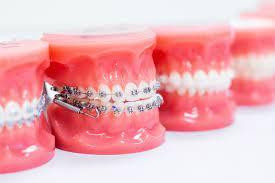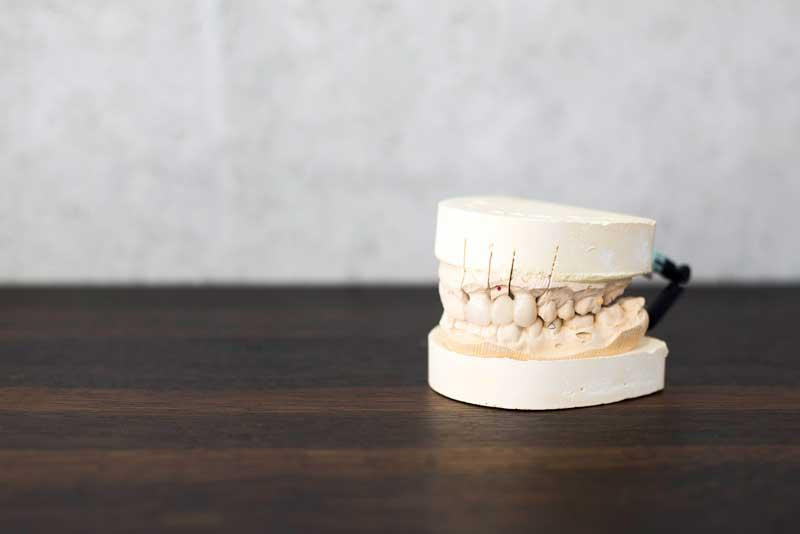How to Get Rid of Gingivitis? from Jeffrey Linda's blog
Painful inflammation of the gums is a clear sign that something with your oral health is wrong. Do you know what can cause this problem and how to relieve natural sources?
Causes of Gingivitis
Causes may be very varied, ranging from colds, infections to dental disease. When inflammation of the lining of the mouth, should proceed to the use of mash and decoctions. Very effective in the treatment of helpers are chamomile flowers, sage leaves, leafy stems, leaf blueberry, and marshmallow roots.
Symptoms of Gingivitis
Typical Gingivitis Symptoms are red, swollen gums tender, which could bleed on brushing. Another sign is receding gums, which are moving away from the teeth. Teeth as unusually elongated. Gingivitis arises pockets, a haven for food residues that form between teeth and gums. Even in the early stages, some people have recurring bad breath or a permanent foul taste in the mouth.
With proper oral hygiene, gingivitis can be arrested. This means cleaning to remove accumulated plaque and tartarthat only a dentist can do. At home, one must floss, preferably after every meal, and brush twice a day. Avoid tobacco and eat nutritious meals. Regular dental checkups are essential.
When to see a doctor
- Do not take lightly signs of gingivitis- otherwise, you risk serious illness of tissue around the teeth and the next stage of tooth loss.
-The most serious signs of gingivitis- if you suffer from, as soon as possible to subscribe to the dentist:
- Unpleasantly odorous breath, which does not disappear after 24 hours.
- You feel that you lengthen teeth
- When closing the mouth feel different levels of tooth position.
- Between the teeth and gums are called pus pockets
- Teeth will move or fall out
-Dental locate even when you are bleeding when brushing your gums, if you were or become swollen, and despite thorough oral care.
The first and most important obstacle to the formation of plaque and gingivitisis the result of good oral hygiene. Dentists recommend that teeth flossed daily, or even after each meal, to remove residual food residues then brushed. This means that cleaning one’s teeth twice daily, or at least once. The plaque begins to digest after 24 hours. Fluoride is one of the most important ingredients in most toothpaste.
- Makes teeth resistant to decay.
- Inhibits the ability of oral bacteria to produce acid-reactive.
- Promotes re-mineralization of teeth.
Moreover, most toothpaste contains minute amounts as dental abrasive polishing agents. While abrasive reduces the time required to remove the plaque in half, it also causes a small amount of erosion of tooth enamel. The toothpaste helps to some extent, control and remove plaque, but it is reversible brushing action that is most effective.
Plaque and tartar are removed in the gingivitis treatmentand it is known as scaling. If the tartar build-up is extensive or the gums are very sensitive then this can be uncomfortable. With more frequent cleanings if necessary, follow-up appointments may be recommended.
Article Source : https://jeffreylinda.blogspot.com/2021/07/how-to-get-rid-of-gingivitis.html



The Wall